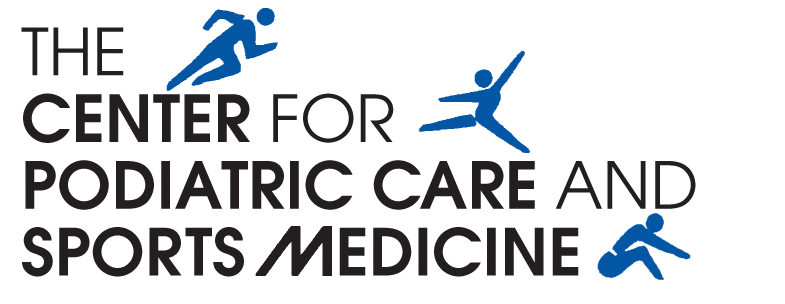Understanding Achilles Tendonitis
Whether you're a dedicated runner, a HIIT enthusiast, or just enjoying an active New York lifestyle, chronic pain can really slow you down. A common culprit? Achilles tendonitis (or tendinopathy for chronic cases).
At The Center for Podiatric Care and Sports Medicine, we frequently help patients treat this painful, limiting condition. The guide below explains what Achilles tendonitis is, how it’s caused, and how to spot early signs, too.
What Is Achilles Tendonitis?
Your Achilles tendon, the body's largest tendon, connects calf muscles to your heel bone. It's vital for walking, running, and jumping.
Achilles tendonitis is inflammation of this tendon.
If not managed, it can progress to Achilles tendinopathy, involving degeneration and micro-tears, and lead to chronic pain or weakness.
Spotting the Signs
How do you know if it's Achilles tendonitis? Look for:
Pain & Stiffness: Primarily along the tendon, just above the heel, often worse in the morning or after rest.
Pain with Activity: Discomfort often worsens during activities like running or climbing stairs, may improve slightly with initial movement, then return.
Tenderness: The tendon itself will likely be tender to touch, especially when squeezed.
Swelling or Thickening: Swelling or a noticeable thickening of the tendon may occur.
Morning Discomfort: Pain and stiffness with the first steps in the morning is a classic sign.
What Causes Tendonitis?
Typically, it results from overuse injuries and repetitive stress. Watch for:
Sudden Increase in Activity/Intensity: Quickly boosting running mileage (especially on pavement!) or adding intense workouts without proper conditioning.
Tight Calf Muscles: These put constant strain on the Achilles.
Improper Footwear: Worn-out or unsupportive athletic shoes can alter biomechanics and overload the tendons.
Foot Structure & Biomechanics: Flat feet (overpronation) or very high arches can place abnormal stress on the Achilles.
Running Surface: Consistently running on hard surfaces increases impact.
Age: Tendons become less flexible and more injury-prone with age.
Early Identification is Key!
Ignoring Achilles pain and "running through it" can lead to problems like:
Progression to Tendinopathy: Acute inflammation can become chronic degeneration, making treatment harder.
Increased Risk of Rupture: A weakened Achilles tendon is more prone to partial or complete tears, a severe injury that often needs surgery.
Altered Gait & Compensatory Issues: You might change how you walk or run, leading to knee, hip, or back problems.
Early diagnosis makes effective treatment easier, so seek a professional evaluation. From there, you can step toward relief and symptom management.
At The Center for Podiatric Care and Sports Medicine, we offer busy New Yorkers prompt diagnosis and treatments specific to their individual needs. Podiatrists Dr. Jonathan M. Levy, Dr. Nadia F. Levy, Dr. Diane M. Castro, Dr. Josef Geldwert, and Dr. Katherine Lai are eager to help you at our convenient mid-town Manhattan or Upper East Side locations. Contact us today.


